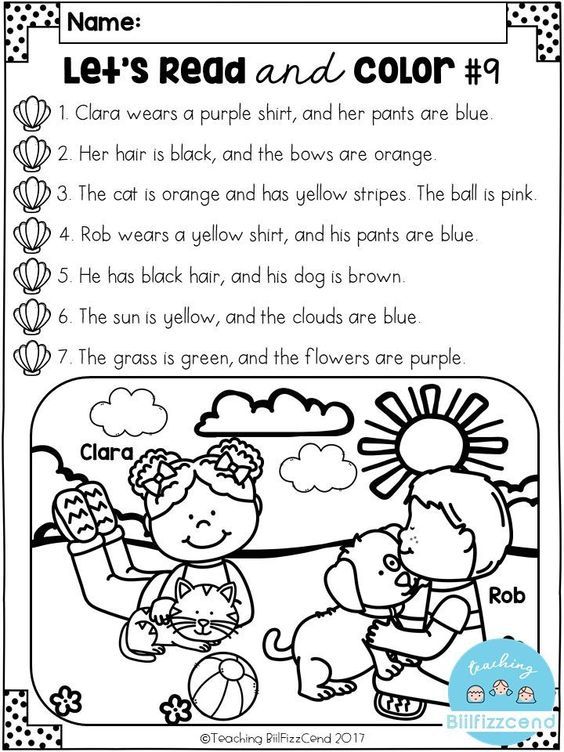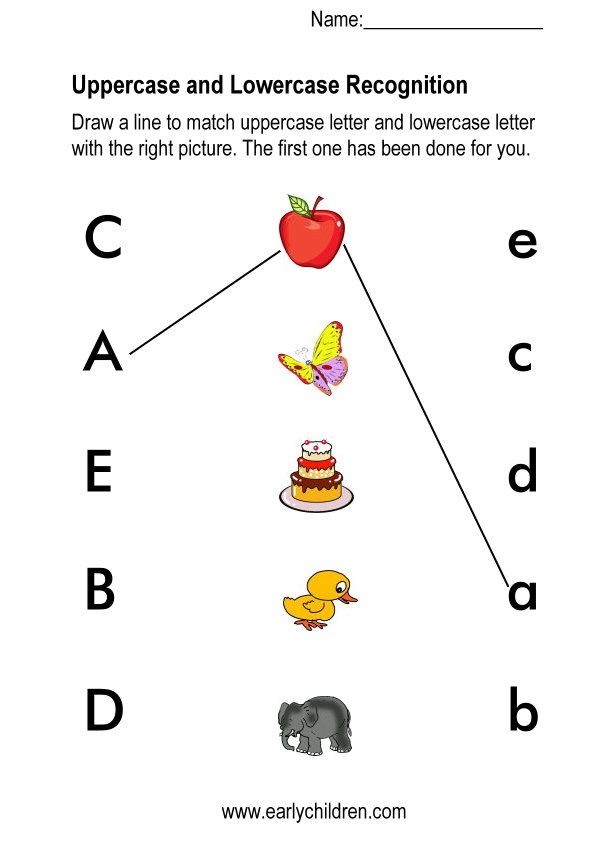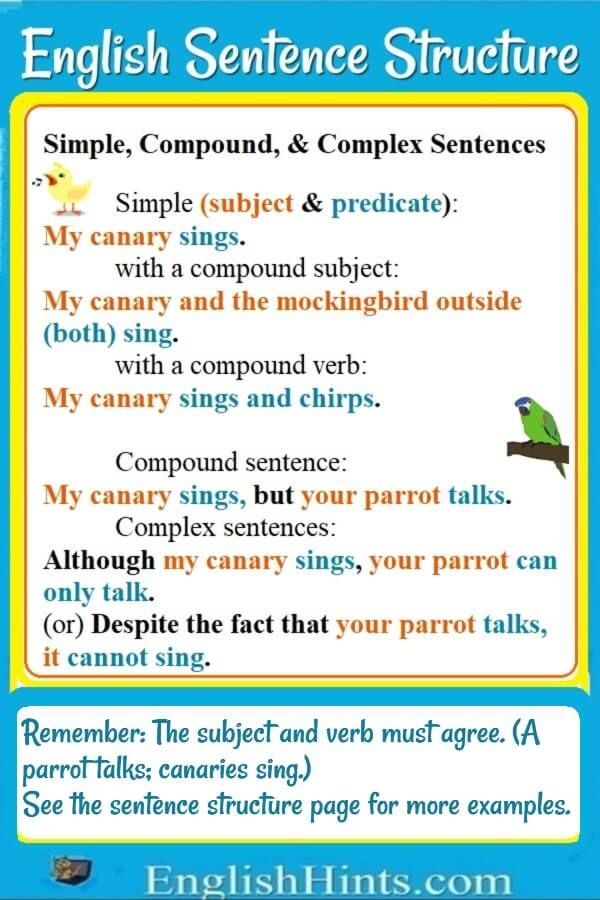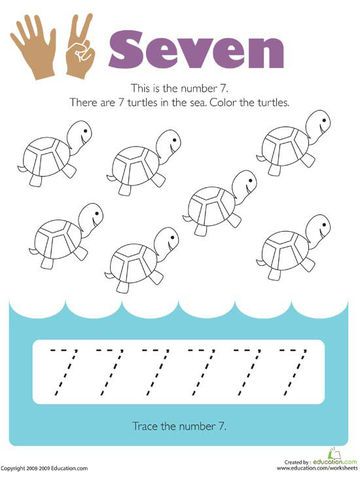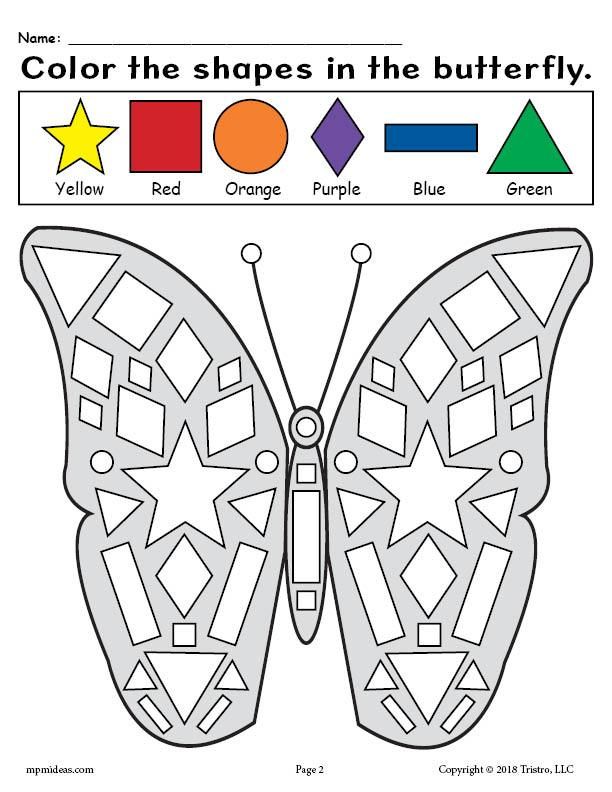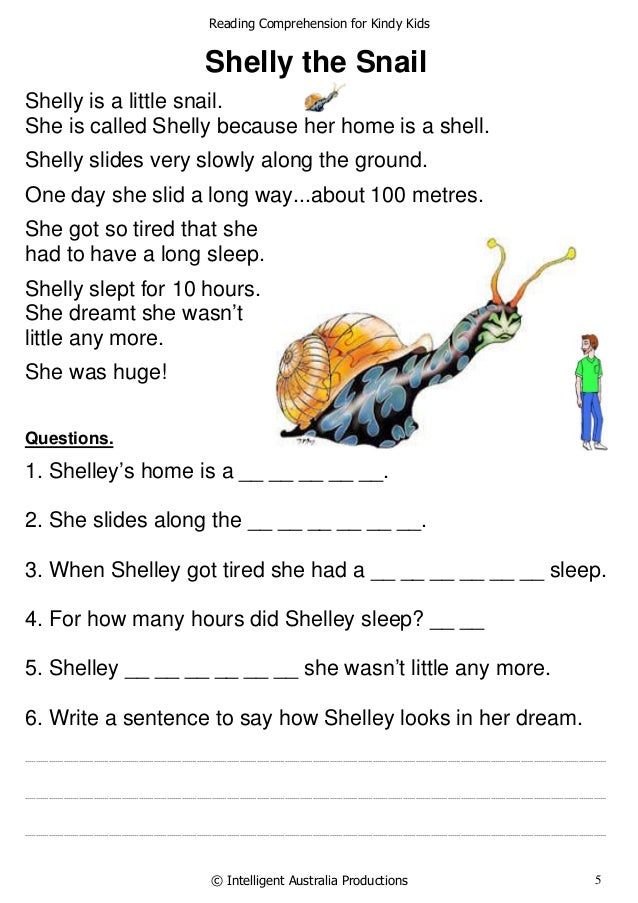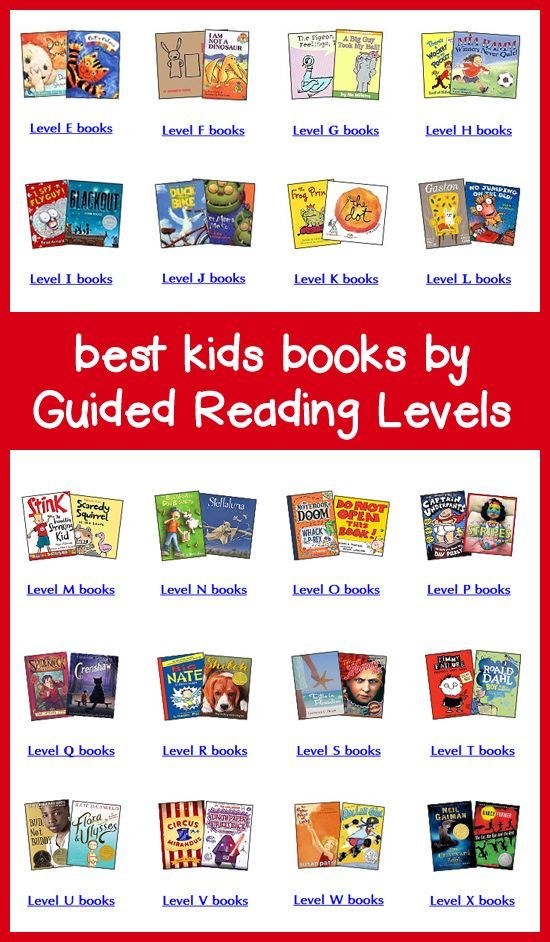Tips on how to read
Reading Strategies & Tips | Academic Success Center
Search Field
You are here
Home
Reading Strategies & Tips
Reading is a foundational learning activity for college-level courses. Assigned readings prepare you for taking notes during lectures and provide you with additional examples and detail that might not be covered in class. Also, according to research, readings are the second most frequent source of exam questions (Cuseo, Fecas & Thompson, 2007).
Reading a college textbook effectively takes practice and should be approached differently than reading a novel, comic book, magazine, or website. Becoming an effective reader goes beyond completing the reading in full or highlighting text. There are a variety of strategies you can use to read effectively and retain the information you read.
Consider the following quick tips and ideas to make the most of your reading time:
- Schedule time to read.
Reading is an easy thing to put off because there is often no exact due date. By scheduling a time each week to do your reading for each class, you are more likely to complete the reading as if it were an assignment. Producing a study guide or set of notes from the reading can help to direct your thinking as you read.
- Set yourself up for success. Pick a location that is conducive to reading. Establish a reasonable goal for the reading, and a time limit for how long you’ll be working. These techniques make reading feel manageable and make it easier to get started and finish reading.
- Choose and use a specific reading strategy. There are many strategies that will help you actively read and retain information (PRR or SQ3R – see the handouts and videos). By consciously choosing a way to approach your reading, you can begin the first step of exam preparation or essay writing. Remember: good readers make stronger writers.
- Monitor your comprehension.
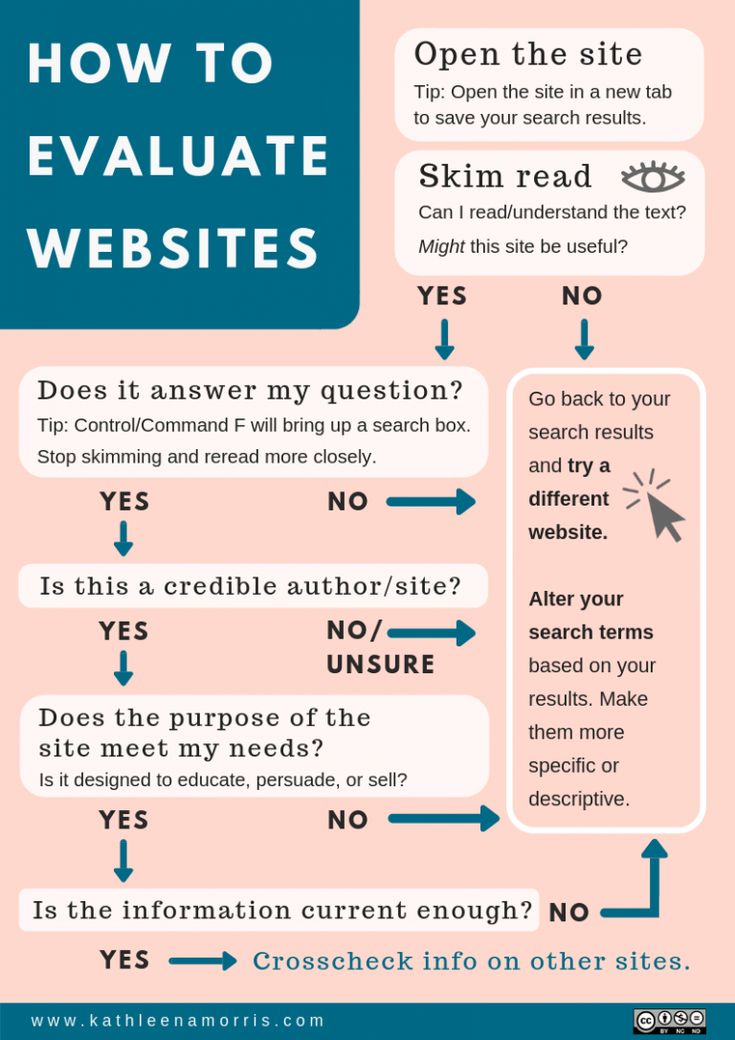 When you finish a section, ask yourself, "What is the main idea in this section? Could I answer an exam question about this topic?" Questions at the end of chapters are particularly good for focusing your attention and for assessing your comprehension. If you are having difficulty recalling information or answering questions about the text, search back through the text and look for key points and answers. Self-correction techniques like revisiting the text are essential to assessing your comprehension and are a hallmark technique of advanced readers (Caverly & Orlando, 1991).
When you finish a section, ask yourself, "What is the main idea in this section? Could I answer an exam question about this topic?" Questions at the end of chapters are particularly good for focusing your attention and for assessing your comprehension. If you are having difficulty recalling information or answering questions about the text, search back through the text and look for key points and answers. Self-correction techniques like revisiting the text are essential to assessing your comprehension and are a hallmark technique of advanced readers (Caverly & Orlando, 1991). - Take notes as you read. Whether they’re annotations in the margins of the book, or notes on a separate piece of paper. Engage with the reading through your notes – ask questions, answer questions, make connections, and think about how these ideas integrate with other information sources (like lecture, lab, other readings, etc.)
Want to dive in a little deeper? Take a look at Kathleen King's tips below to help you get the most out of your reading, and to read for success.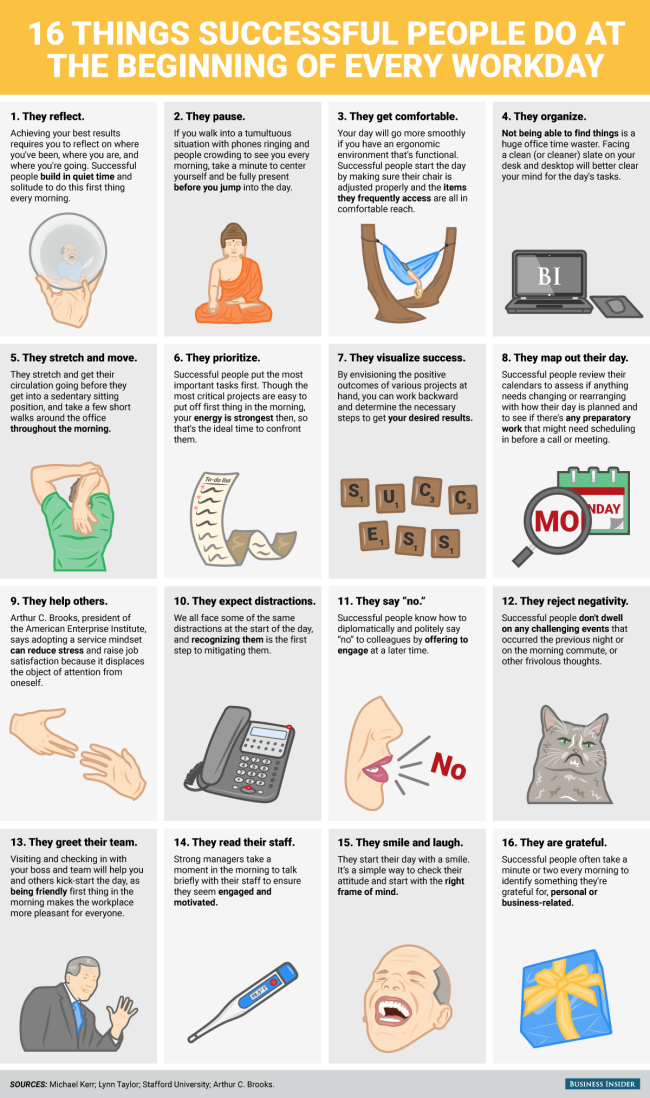 You'll see that some are similar to the tips above, but some offer new approaches and ideas; see what works for you:
You'll see that some are similar to the tips above, but some offer new approaches and ideas; see what works for you:
- Read sitting up with good light, and at a desk or table.
- Keep background noise to a minimum. Loud rock music will not make you a better reader. The same goes for other distractions: talking to roommates, kids playing nearby, television or radio. Give yourself a quiet environment so that you can concentrate on the text.
- Keep paper and pen within reach.
- Before beginning to read, think about the purpose of the reading. Why has the teacher assigned the reading? What are you supposed to get out of it? Jot down your thoughts.
- Survey the reading. Look at the title of the piece, the subheadings. What is in the dark print or stands out? Are there illustrations or graphs?
- Strategize your approach: read the introduction and conclusion, then go back and read the whole assignment, or read the first line in every paragraph to get an idea of how the ideas progress, then go back and read from the beginning.
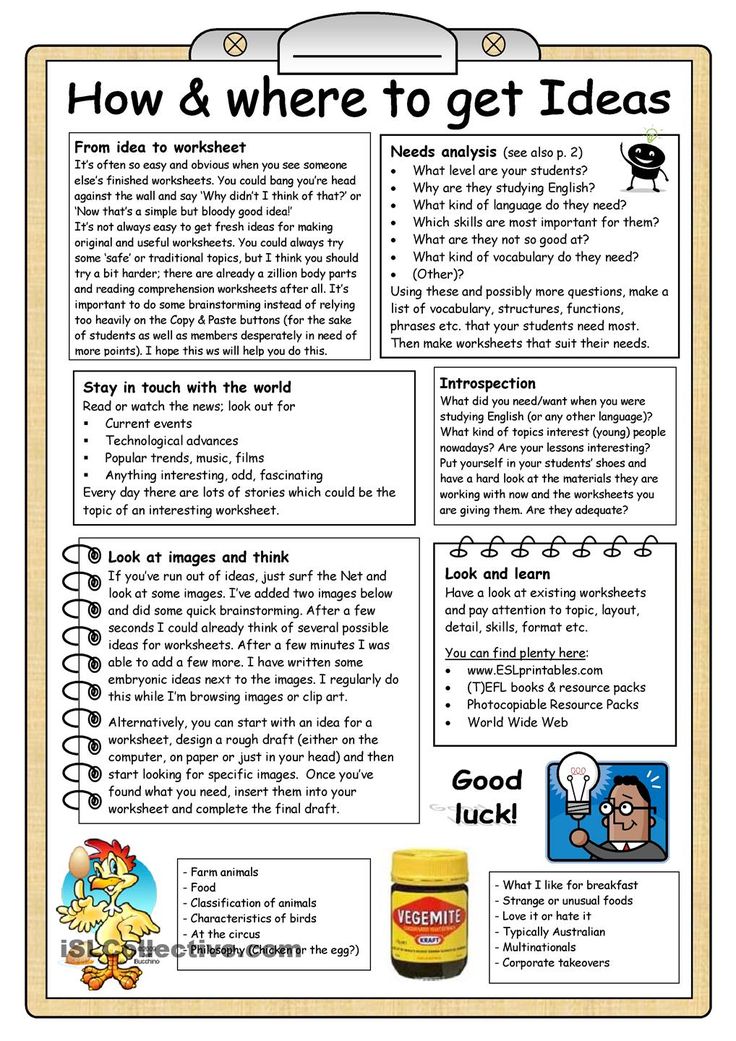
- Scan effectively: scan the entire reading, and then focus on the most interesting or relevant parts to read in detail.
- Get a feel for what's expected of you by the reading. Pay attention to when you can skim and when you need to understand every word.
- Write as you read. Take notes and talk back to the text. Explain in detail the concepts. Mark up the pages. Ask questions. Write possible test questions. Write down what interests or bores you. Speculate about why.
- If you get stuck: think and write about where you got stuck. Contemplate why that particular place was difficult and how you might break through the block.
- Record and explore your confusion. Confusion is important because it’s the first stage in understanding.
- When the going gets difficult, and you don’t understand the reading, slow down and reread sections.
 Try to explain them to someone, or have someone else read the section and talk through it together.
Try to explain them to someone, or have someone else read the section and talk through it together. - Break long assignments into segments . Read 10 pages (and take notes) then do something else. Later, read the next 10 pages and so on.
- Read prefaces and summaries to learn important details about the book. Look at the table of contents for information about the structure and movement of ideas. Use the index to look up specific names, places, ideas.
(Reading strategies by Dr. Kathleen King. Many of the above ideas are from a lecture by Dr. Lee Haugen, former Reading specialist at the ISU Academic Skills Center. https://www.ghc.edu/sites/default/files/StudentResources/documents/learn...)
Curious to learn more? Check out our Reading video, and hear what we have to say!
Reading Efficiently
Reading Efficiently Your reading rate is often just a matter of habit. But to begin, you may need to try to change some habits and try these tips:
Your reading rate is often just a matter of habit. But to begin, you may need to try to change some habits and try these tips:1. Pay attention when you read and read as if it really matters. Most people read in the same way that they watch television, i.e. in an inattentive, passive way. Reading takes effort and you must make the effort. A wise teacher once told me that you can learn anything if you do three things:
PAY ATTENTION
PAY ATTENTION and
PAY ATTENTION.
There are some simple methods that you can use to pay better attention and get more out of your textbook reading time. Different authors call it different things, but many researchers say that you will improve your comprehension if you somehow "preview" the passage before you actually sit down and read every word.
To do a preview you:
- take 30 to 60 seconds.
- look over the title of the chapter.

- look at all the headings, subheadings and marked, italic or dark print.
- look at any pictures or illustrations, charts or graphs.
- quickly skim over the passage, reading the first and last paragraph and glancing at the first sentence of every other paragraph.
- close the book and ask yourself:
- ---What is the main idea?
- ---What kind of writing is it?
- ---What is the author's purpose?
When you finally get to the point where you are actually slowly reading the passage, read in a "questioning" manner -as if you were seaching for something.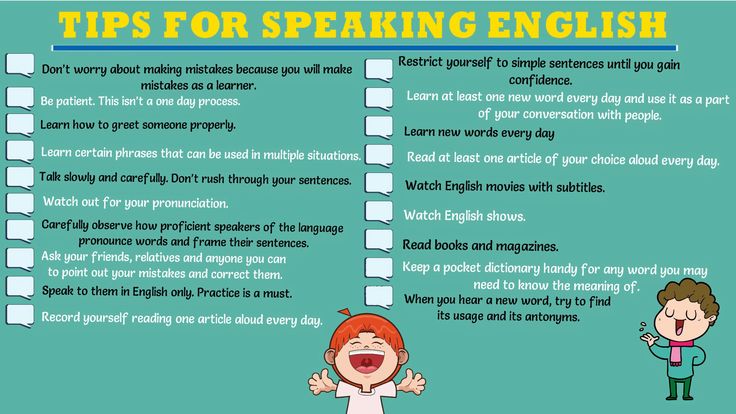 It sometimes helps if you take the heading or title of a chapter and turn it into a question.
It sometimes helps if you take the heading or title of a chapter and turn it into a question.
For example, if the heading of a section in the text is "The Causes of the Civil War", take that title and switch it into a question like: "What are the causes of the Civil War?". Now you have a goal; something to look for; something to find out. When you are goal-oriented, you are more likely to reach the goal. At least you'll remember one thing about the text which you have just read.
2. Stop talking to yourself when you read. People talk to themselves in 2 ways, by:
- vocalizing, which is the actual moving of your lips as you read, and
- subvocalizing, which is talking to yourself in your head as you silently read.
Both of these will slow you down to the point in which you find that you can't read any faster than you can speak. Speech is a relatively slow activity; for most, the average speed is about 250 WPM (words per minute).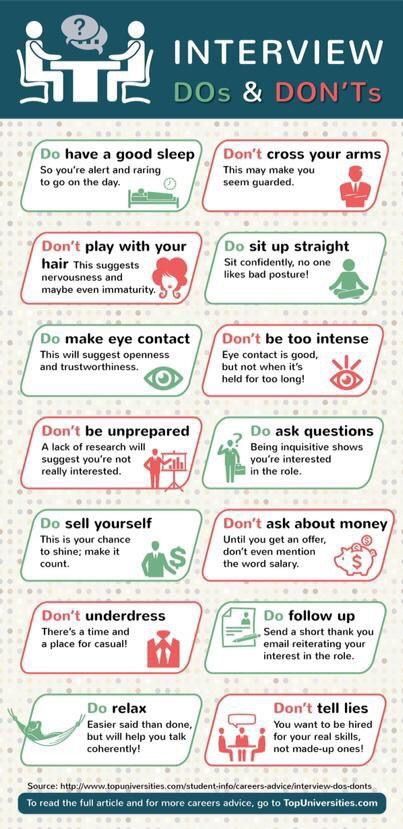
Reading should be an activity which involves only the eyes and the brain. Vocalization ties reading to actual speaking. Try to think of reading as if you were looking at a landscape, a panorama of ideas, rather than looking at the rocks at your feet.
3. Read in thought groups. Studies have shown that when we read, our eyes must make small stops along the line. Poor readers make many, many more fixations (eyestops) than good readers. Not only does this slow you down, but it inhibits comprehension because meaning is easier to pull from groups of words rather than from individual words or even single letters. Try to read in phrases of three or four words, especially in complete clauses and prepositional phrases. Your mind may internalize them as if the whole phrase is like one big meaning-rich word.
4. Don't keep re-reading the same phrases. Poor readers habitually read and re-read the same phrase over and over again. This habit of making "regressions" doubles or triples reading time and often does not result in better comprehension.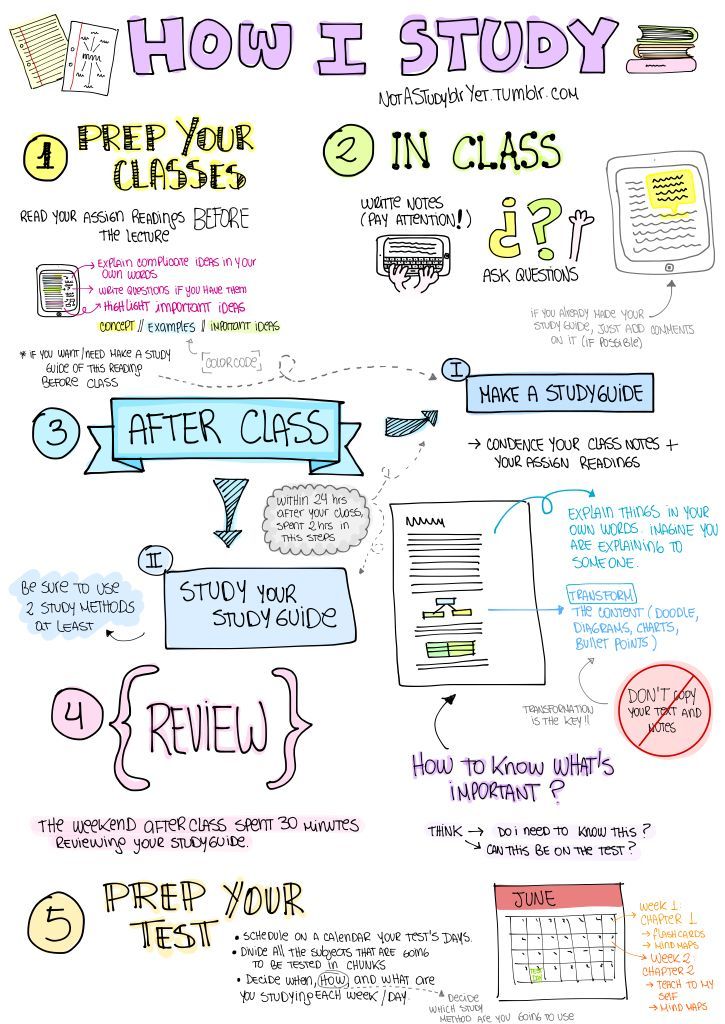 A single careful, attentive reading may not be enough for full comprehension, but is often more effective than constant regressions in the middle of a reading. It is best to work on paying closer attention the first time through. Do a preview first before the careful reading and try the tips I mentioned above. You'll remember better without the rereading.
A single careful, attentive reading may not be enough for full comprehension, but is often more effective than constant regressions in the middle of a reading. It is best to work on paying closer attention the first time through. Do a preview first before the careful reading and try the tips I mentioned above. You'll remember better without the rereading.
5. Vary your reading rate to suit the difficulty and type of writing of the text. Poor readers always read at the same slow rate. An efficient reader speeds up for easier material and slows down for the hard. Some things were not meant to be read quickly at all. Legal material and very difficult text should be read slowly. Easier material and magazines and newspapers can be read quickly. Poetry and plays were meant to be performed, and if not acted out, then at least, spoken out loud orally. This obviously will conflict with good speed reading method which forbids vocalization. Religious writings and scripture were originally written to be recited and listened to by an audience which was likely to be intelligent, but illiterate.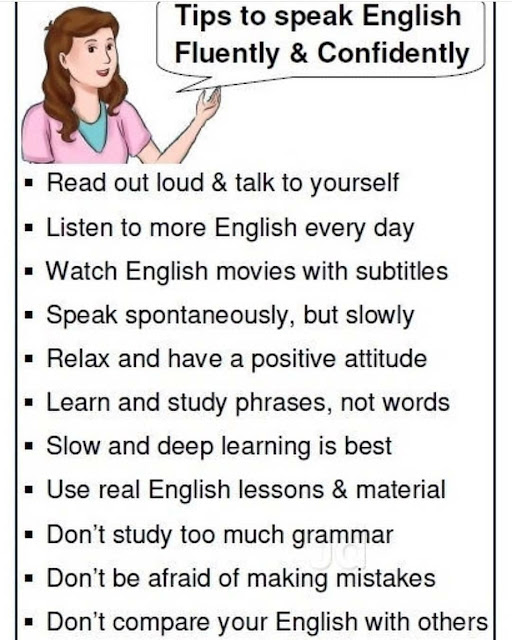 The "fun" of poetry, plays, or prayer is not really experienced if you "speed read" the text.
The "fun" of poetry, plays, or prayer is not really experienced if you "speed read" the text.
(To Next Article) Speed Reading Self-Pacing Methods
How to read correctly. 7 important tips
A+ A A-
- Category: Tips for parents
- Views: 103009
How to read correctly. 7 Important Tips
So here are some tips on how to read correctly. It's not just about reading technique. Correct in this case - this is with the maximum benefit from what you read. Naturally, first of all, these tips relate to reading non-fiction literature - books on self-development, on the profession, educational and scientific literature, etc. That is, those from the reading of which some very specific benefit is expected: knowledge, skills, competencies. However, these "rules" can be successfully applied to fiction as well. After all, fiction, especially classical literature, is designed not so much to entertain the reader as to give him some new experience.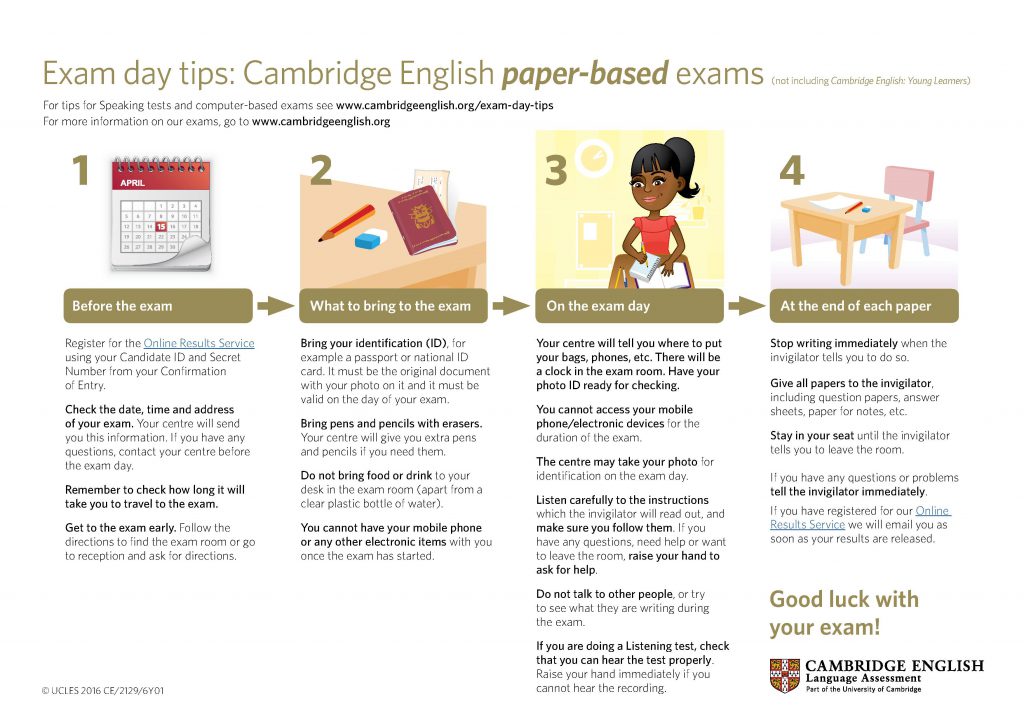 Here is how to get this experience as much as possible and our advice will help.
Here is how to get this experience as much as possible and our advice will help.
1. Read regularly
Make it a rule to dedicate at least an hour a day to reading and do not deviate from this rule for anything. If it is impossible to carve out such a whole period of time in your daily routine, break this time into two 30-minute segments, or even three 20-minute ones. Taking time to read before bed is not a good idea from a productivity standpoint. During the day, your brain gets tired and saturated with information, it will be difficult for it, especially if you read non-fiction.
2. Read with a notepad at hand
The ability to write down the necessary thoughts from the book, or your thoughts that arise in the course of reading, significantly increase the effectiveness of reading. Using these notes, you can then easily restore the key points of the book in memory, you can use them when the book is not at hand. Even just writing out quotes from a fiction book is of great benefit.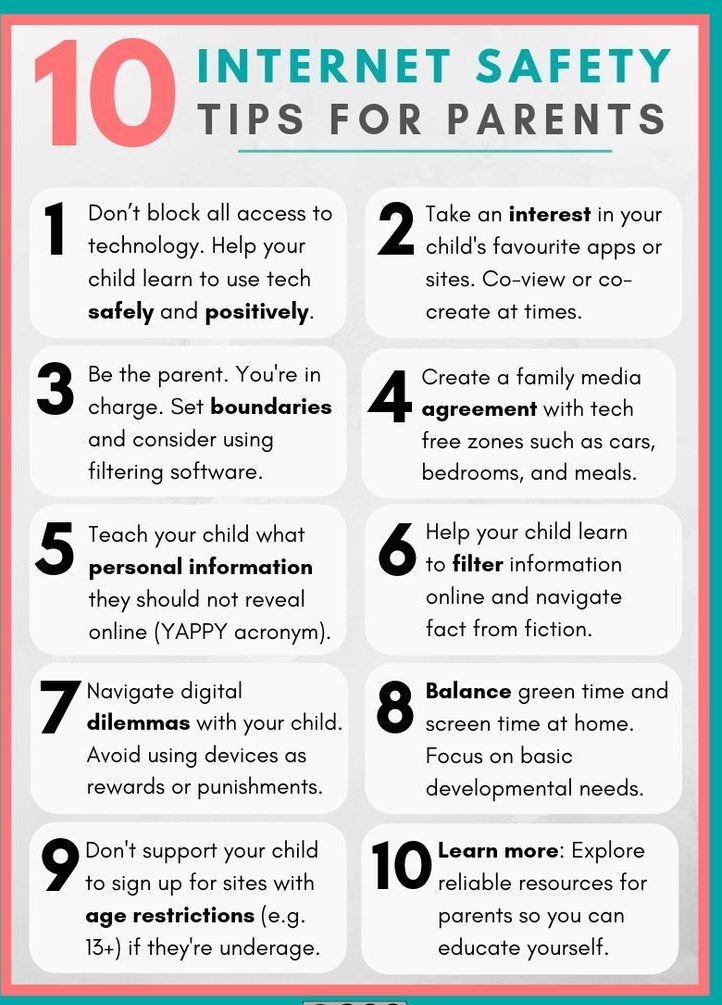 Some advise even to compose the "skeleton" or "summary" of the book in this way, but these are already details.
Some advise even to compose the "skeleton" or "summary" of the book in this way, but these are already details.
3. Read thoughtfully
" Read correctly " does not mean "read fast", rather the opposite. Never chase reading speed. The usefulness of books "is not determined by the amount of reading, but by the amount of understanding." It is better to re-read a difficult or controversial passage than to skip without understanding anything. Do not be lazy to find out the meanings of unfamiliar words and terms (fortunately, now it is very simple). Pay attention to context. If the author refers to a theory or study unfamiliar to you, find out at least in general terms what the essence of the theory or study is. By the way, this will help you with the next step.
4. Constantly look for books
It would seem that what to look for - there are so many of them. But most of these books are of no use to you, they are just rubbish.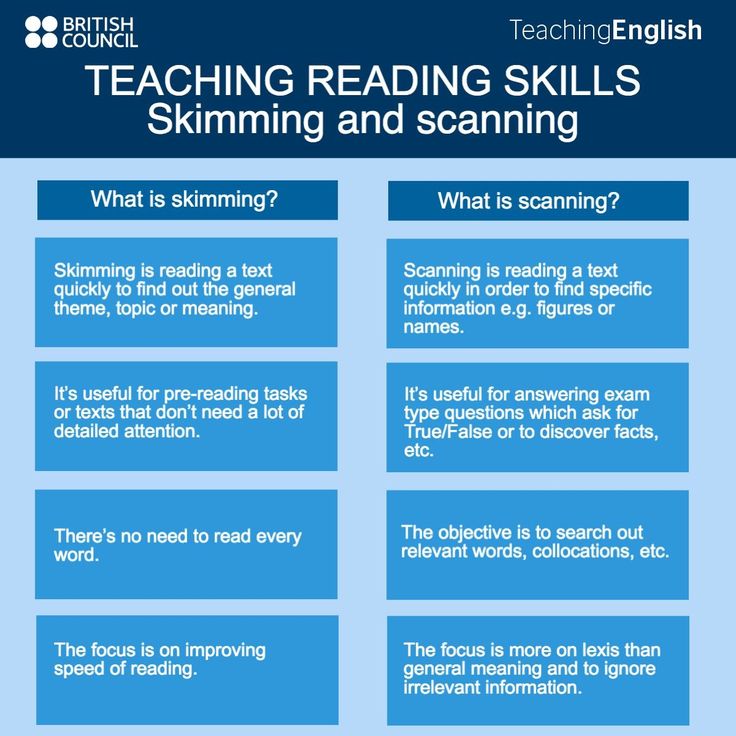 In order not to fill your head with garbage, you need to responsibly approach the choice of literature for reading. Make sure you have a "to read" list. Follow the latest in the area you are interested in, read the reviews of other people. Determine the next book in advance. In a word, plan your reading process.
In order not to fill your head with garbage, you need to responsibly approach the choice of literature for reading. Make sure you have a "to read" list. Follow the latest in the area you are interested in, read the reviews of other people. Determine the next book in advance. In a word, plan your reading process.
5. Read different books
Sometimes it is very useful to read several books on the same topic in a row, compare them with each other, look at the problem from different angles. But you shouldn't get hung up on the same thing. Read science fiction after self-development books, Russian classics after business literature, etc. Some even advise doing it at the same time - reading one book "for good", and another, fiction, for pleasure.
6. Switch to e-books
Paper books are wonderful and I do not call for them to be abandoned. But the reality is that reading e-books from a tablet, and even more so from a book reader, is much more convenient.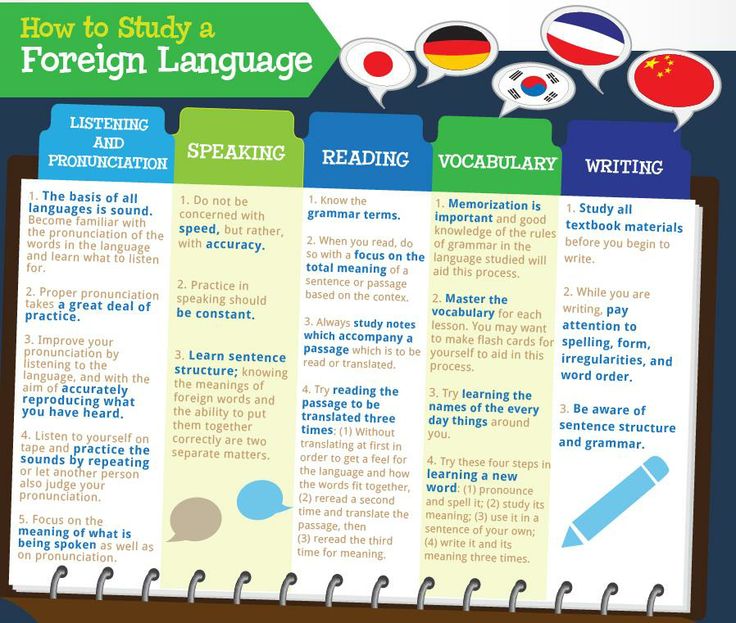 The e-book market is developing and more and more new publications are available in electronic format. If you really want to read a lot and profitably, then e-books are an almost inevitable choice.
The e-book market is developing and more and more new publications are available in electronic format. If you really want to read a lot and profitably, then e-books are an almost inevitable choice.
7. Draw conclusions about what you read
After you have turned the last page, it would be good to formulate your thoughts about what you read - to draw some conclusions for yourself. What do you understand, what do you agree/disagree with, what can be used. Even after reading a fiction book, it can be helpful to structure your thoughts. If you followed the second point, then it will be quite simple to do this. It is a good practice to write reviews and reviews of what you have read.
Well, the most important advice on how to read correctly: " Put what you read into practice! "Otherwise, everything is in vain.
http://bookmix.ru/blogs/note.phtml?id=13178
- Back
- Forward
15 tips on how to read more and with pleasure
Interesting
15 tips to read more and enjoy
June 20, 2017 38 661 views
Larisa Parfentieva
Many residents of modern cities live at such a speed that they do not have enough time to read.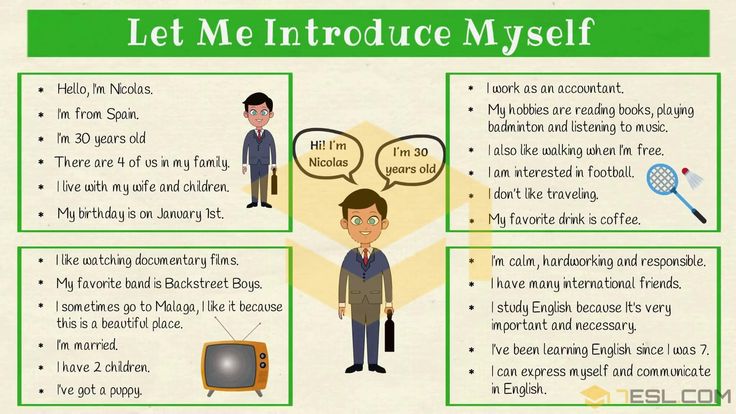 And we think it's sad. We've put together 15 tips to help you read more good books.
And we think it's sad. We've put together 15 tips to help you read more good books.
Board No. 1 . Good to read before bed. Develop the habit of reading for at least 30 minutes before bed. You should not exhaust yourself in the evening with scientific or specialized literature. Better relieve your stressed brain with an art book.
Board No. 2 . A universal reading option is an audiobook. Such a book can be read anywhere: while driving, during a morning run, etc. This advice is most suitable for auditory people who are able to perceive information well by ear.
Tip No. 3 . A book should accompany you everywhere. At any unexpected moment in time, we may have an extra minute to read: while traveling in public transport, in line at the doctor's office, etc. An ideal option for such cases is an e-book.
Board No. 4 . Think about what you read. Conscious reading significantly improves its quality, and therefore you can even try to answer in writing what the book taught you, what questions you got answers to, what new questions arose after reading.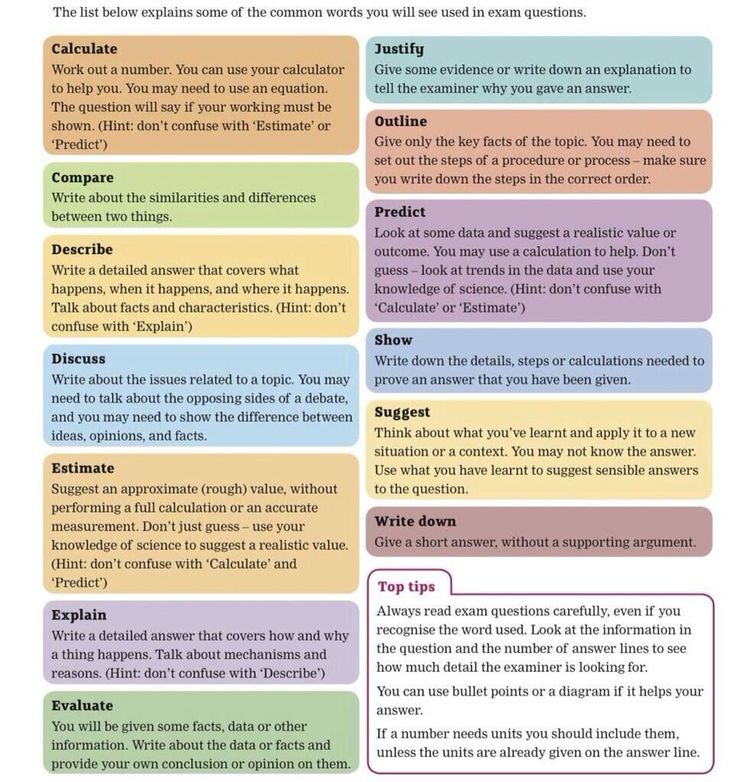 It is better to meditate deeply on one book than to skim through ten.
It is better to meditate deeply on one book than to skim through ten.
Source
Board No. 5 . The daily routine should include a break for reading. This useful break should take at least half an hour.
Board No. 6 . Quickly put aside uninteresting literature. If, after a few pages, you realize that the book is useless for you, stop empty reading. You will find a million useful educational books that will make you smarter, more professional and bring much more benefits. A special exception may be classical literature, whose value has been tested by more than one generation of readers and critics.
Tip #7. Create book lists. Include in them already read literature and those books that you consider necessary to read. Try not to limit your motivation to inflating the second list, but grow it along with the growth of the first list.
Board No. 8 . Don't compete in reading books.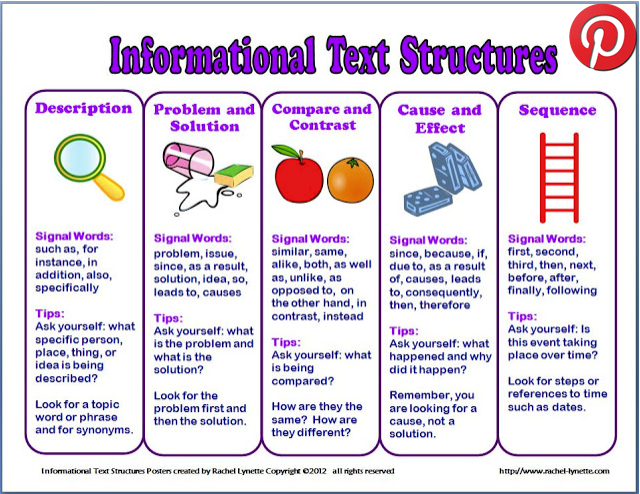 It is very important to set as an end in itself not the number of books read, but the quality of reading them, the process of self-development through reading, learning new information, gaining meaningful experience.
It is very important to set as an end in itself not the number of books read, but the quality of reading them, the process of self-development through reading, learning new information, gaining meaningful experience.
Tip No. 9 . Enter the environment of book lovers. Live communication with like-minded people in some book club, at library events will be great to spur on new literary discoveries.
Tip No. 10 . Memorize your favorite quotes. Often people copy and save their favorite phrases from books. Subsequently, many significant words fall into the forgotten list. Therefore, it is better not to copy interesting quotes, but to memorize them. You can think of situations in which this or that phrase could come in handy, or insert it in a place where it would come in handy (in a caption for a video, in a letter, announcement, etc.).
Board No. 11 . Headphones for "cover". The use of headphones is especially relevant while reading in public places.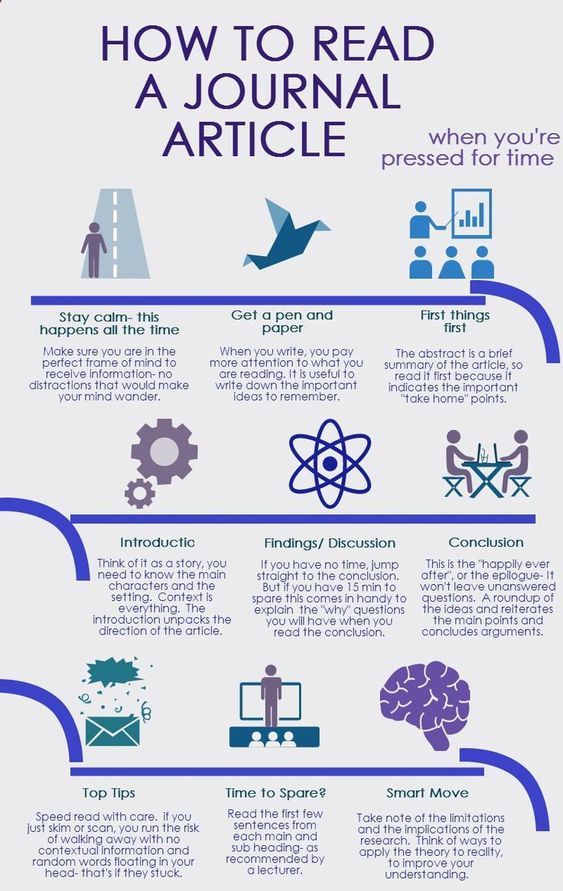 For example, you can turn on music without words as a background and thus be less distracted from reading by extraneous sounds. Or you can just put on headphones that will serve as a signal to others that you are busy and at the same time drown out the extra sounds made by the environment.
For example, you can turn on music without words as a background and thus be less distracted from reading by extraneous sounds. Or you can just put on headphones that will serve as a signal to others that you are busy and at the same time drown out the extra sounds made by the environment.
Source
Board No. 12 . Leave reviews for books. Your feedback on the literature you read will help to consolidate the material received in memory and allow other readers to navigate when choosing a book.
Board No. 13 . Make the most of the time allotted for reading. This means that while reading it is harmful to be distracted or to allow other people and circumstances to distract you. People around you should realize that you do not classify reading as entertainment, which means that this process cannot be interrupted and taken away for "more important things." Reading a book is the most important thing at the moment.
Tip No.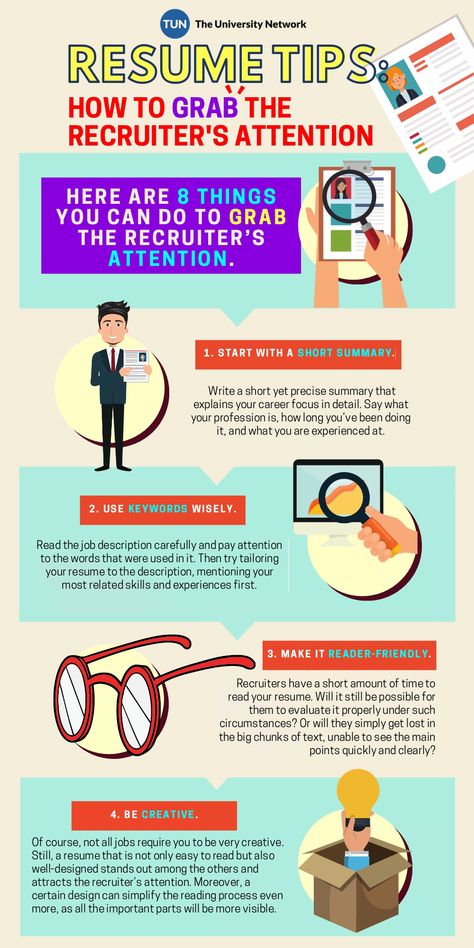
Learn more



